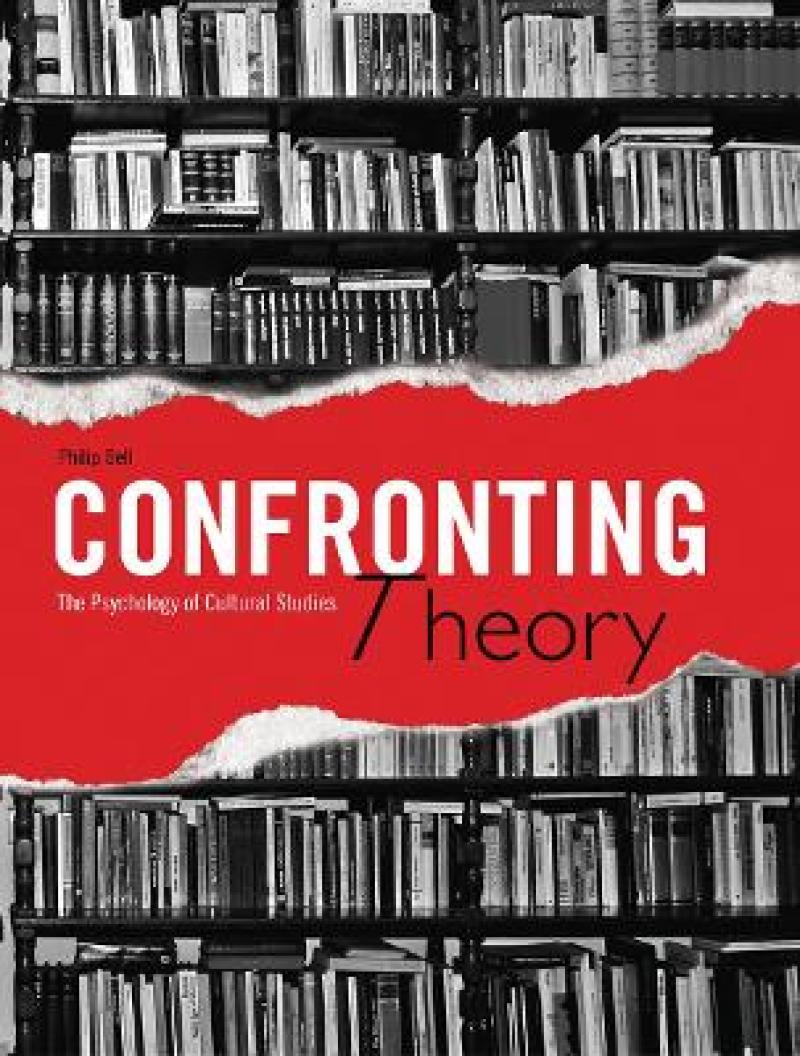Confronting Theory presents a methodological (philosophical) and educational evaluation and critique of what has come to be known as Theory (‘with a capital-T’) in cross-disciplinary humanities education. Rather than merely dismissing Theory writing as risibly pretentious and abstract, Confronting Theory examines its principal concepts from the perspective of academic psychology and shows that, although ‘Theory that only dogs can hear’ may sound like revolutionary psychological analysis it is frequently incoherent and/or has few, if any, empirical implications that students can evaluate.
Cultural Studies and Capital-T Theory The Problem of ‘Theory’ Cultural Studies and/as Psychology Texts and Science Theory's Challenge Chapter Two:
What is Theory About? Immaterial Foundations After the ‘Sokal Hoax’ Theory is Not Metaphor Chapter Three:
Different Things Language Problems Reductionism and ‘Essentialism’ Relations and Things Becoming Theoretical Real Differences: ‘Race’ and Identity Making Sense of Difference Chapter Four:
Theory, People and ‘Subjects’ Psychology and the Emergence of Cultural Studies The ‘Return to the Signifier’ Semiotic Subjects, or Persons? Decentring Psychology Equivocating: Anti-‘Essentialism’ Subjects Need Biology Chapter Five:
‘Post-Human’ Theory and Cultural Studies The Printing Press, Digital Media and Humanism Enlightenment Humanism Escaping the Human? Problems of Coherence Chapter Six:
Affecting Ontologies Affect as an Entity The Trinity: Feeling, Emotion, Affect Becoming Ontological – The Student’s Problem Affect extraordinaire: Horse Sense? Chapter Seven:
Real experience, Un-real Science Moving Science: The Body in Theory Vital Phenomenology Neo- or Non-Psychology? Realism as an Ethical Attitude Chapter Eight:
Theory and Education Realism as a Default Position When Students ‘do Theory’ Teaching Theory Bluffing ‘Post-Humanities’ and Education No Laughing Matter
Produktdetaljer
Biografisk notat
Philip Bell has published several books on television and media culture and more than sixty research monographs, journal articles and book chapters on the representation of social issues in the media, globalization and genres of film and television.
